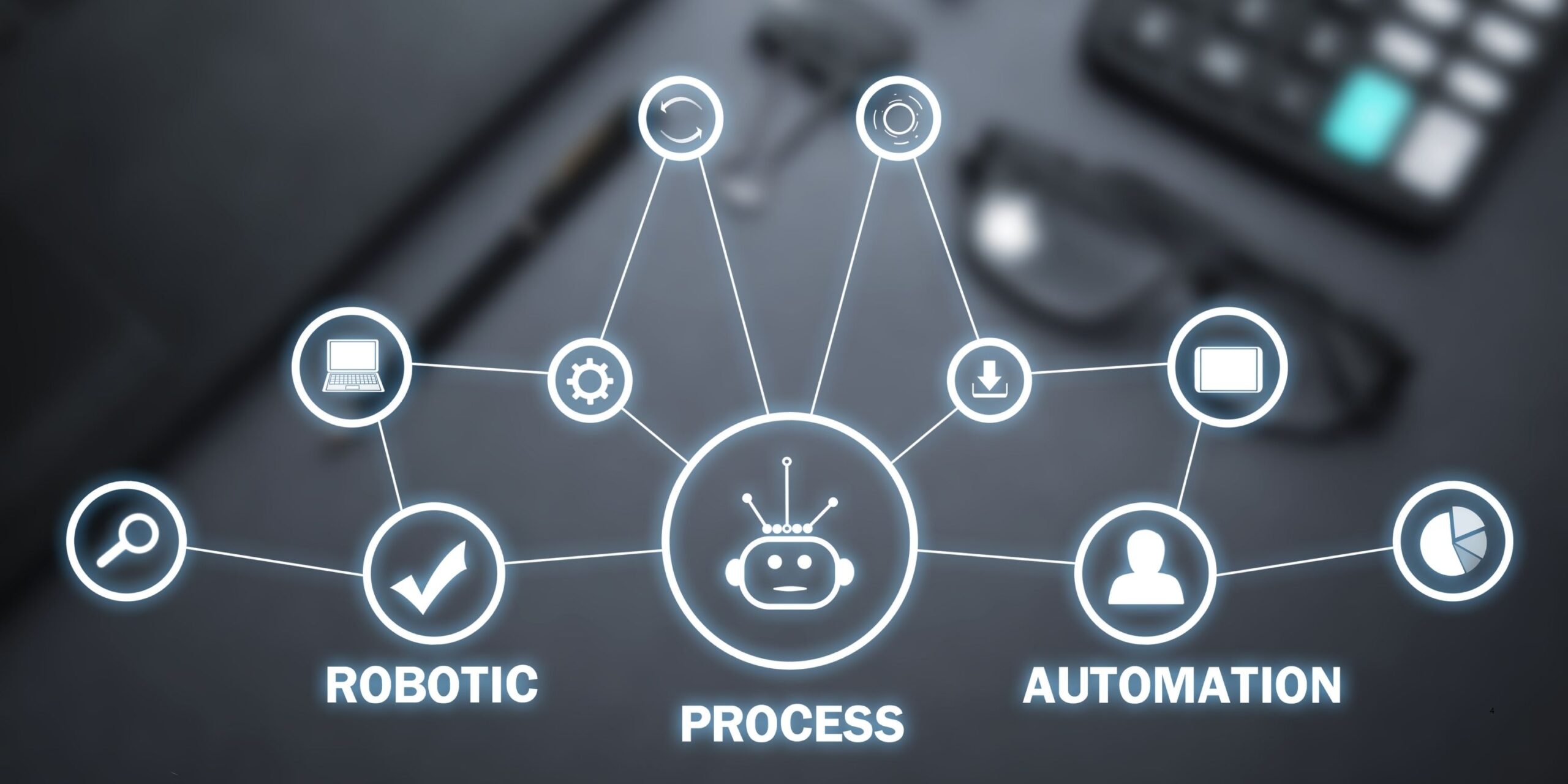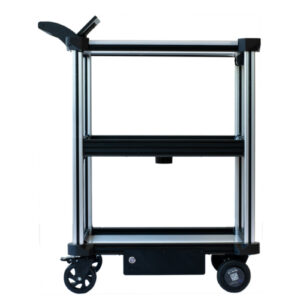Automotive assembly automation is transforming the way vehicles are built by integrating cutting-edge technologies such as collaborative robots, autonomous mobile robots (AMRs), smart sensors, and centralized control systems. These innovations enable manufacturers to carry out precise, repetitive, and critical tasks—such as component joining, material transport, and quality verification—with unmatched speed, accuracy, and safety.
Here’s a detailed look at how modern automotive assembly automation works and the key technologies that drive it:
How Automotive Assembly Automation Works
Collaborative Robots for Assembly Tasks
Robots like the CGR series from SIASUN Robotics and PreciseFlex models from Brooks Automation are designed to safely and efficiently work alongside human operators. These cobots can handle delicate components, fasten parts with precision, and adapt to complex assembly operations. Their flexibility enables seamless integration across different stages of the production line, enhancing productivity while minimizing errors and safety risks.
Automated Material Transport 
Mobile robotic systems such as the L1000 by Youibot and CLOi CarryBot by LG automate the movement of components between workstations. For heavier loads, autonomous forklifts from companies like Multiway Robotics can transport pallets and racks between warehouses and production lines. This streamlines logistics, reduces delays, and increases operational efficiency.
Automatic Quality Verification
Inspection systems powered by Tri-Tronics’ Smarteye photoelectric sensors perform real-time analysis to detect defects or misalignments during assembly. These sensors verify the presence, position, and quality of each part, ensuring a flawless final product. They can be easily integrated with PLCs such as the FBs-40MCR2-AC from FATEK for digital control and monitoring.
Robotic Cleaning for High-Quality Production
Maintaining a clean production environment is essential for quality. Robots like the K900 from Kemaro autonomously clean floors and work areas by removing dust, debris, and particles that could compromise assembly accuracy. Their compact and efficient design ensures optimal performance in confined or critical zones.
Smart Material Handling with AMRs 
Autonomous mobile robots such as QUASI AI’s C2 and C2 Large models can transport loads up to 75–100 kg. Ideal for small-part logistics, these AMRs ensure efficient and timely material delivery along assembly lines, enhancing internal supply chain flow.
Predictive Maintenance and Monitoring
Predictive maintenance is made possible through real-time data collection using tools from Logicbus, including FUTEK’s FSH04165 load sensors for tension monitoring and FSH02870 pressure sensors for critical conditions. Additionally, Seneca’s Z-LTE IoT-enabled data loggers continuously record performance metrics, helping maintenance teams anticipate failures and schedule interventions before disruptions occur.
Key Benefits of Automotive Assembly Automation
-
Increased Efficiency: Automation accelerates production by delegating repetitive and precise tasks to collaborative robots and AMRs.
-
Greater Flexibility: Robotic systems are adaptable to changing production needs and different vehicle models.
-
Improved Quality Assurance: Real-time defect detection and verification systems ensure consistency and precision in every unit.
-
Cost Reduction: Automation reduces errors and optimizes material handling, cutting operational costs.
-
Safe, Clean Work Environment: Robotic cleaners maintain optimal conditions for high-quality assembly.
-
Real-Time Monitoring: SCADA and IoT platforms provide insights and alerts for quick decision-making and preventive maintenance.
Conclusion
The integration of advanced robotics, intelligent sensors, and centralized control systems is reshaping the future of automotive manufacturing. By automating key processes, companies can achieve higher productivity, better quality, and a safer work environment. Automotive assembly automation isn’t just an upgrade—it’s a strategic move toward smarter, more competitive manufacturing.
sales@logicbus.com | support@logicbus.com | +1 619 616 7350 | Start conversation







